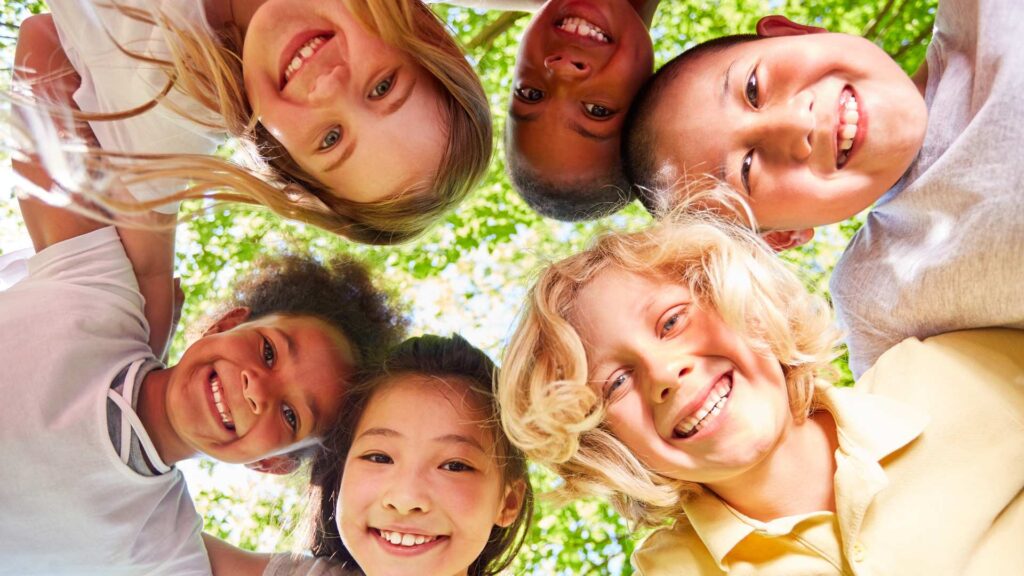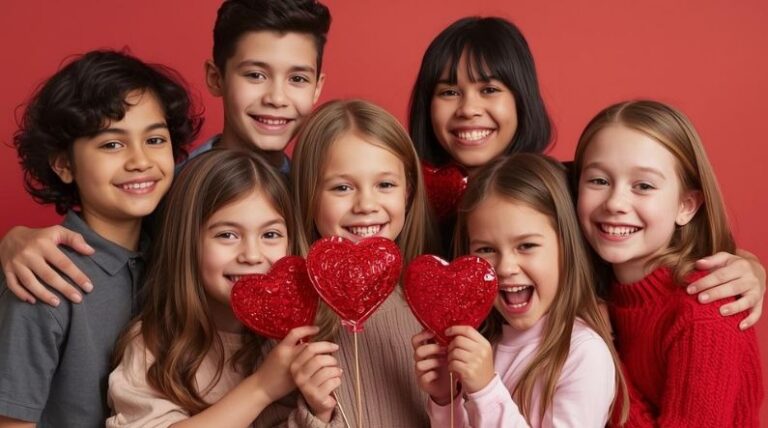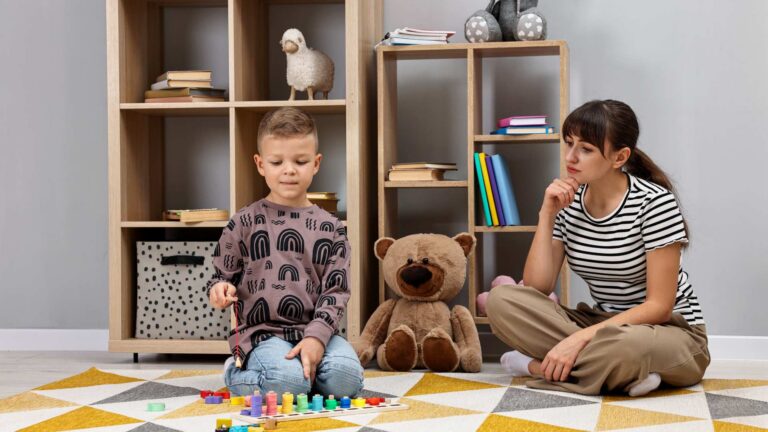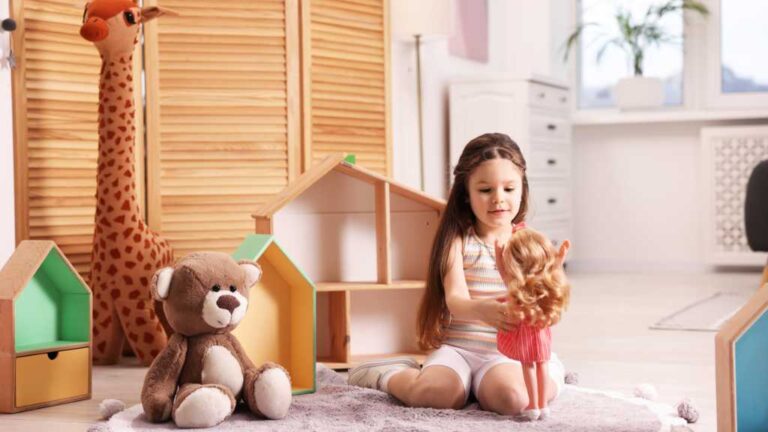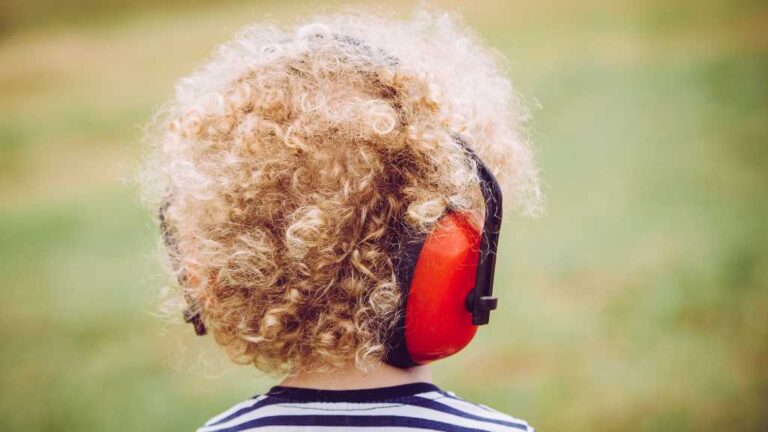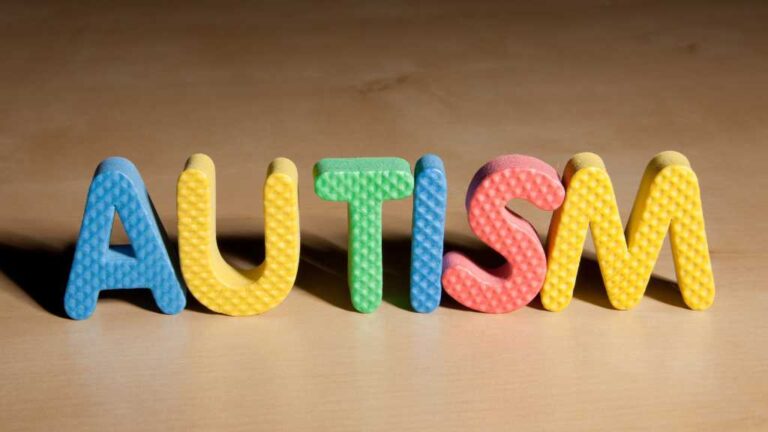Table of Contents
Can people with autism make friends?
Forming friendships is a profound human experience, one that brings joy, belonging, and emotional growth. But for individuals with autism spectrum disorder (ASD), navigating the path of social relationships, and autistic friendship can be uniquely complex.
And some people may wonder, “Can people with autism make friends? Or do they want to make friends?” The reality is that neurodiverse individuals do want friends and value meaningful connections just as much as their neurotypical peers. However, they often face unique challenges in forming and maintaining relationships that require understanding, patience, and targeted support.
Let’s explore in this blog by ABA Centers of Georgia the landscape of autistic friendship, examining the challenges, misconceptions, and the powerful ways families and communities can foster meaningful connections.
How Individuals with Autism Experience Friendship
Contrary to popular belief, individuals with autism value friendships deeply, though they may experience and express them differently than neurotypical individuals. Research by Review Journal of Autism and Developmental Disorders reveals that individuals with autism form strong bonds based on shared interests, mutual understanding, and acceptance of their unique traits.
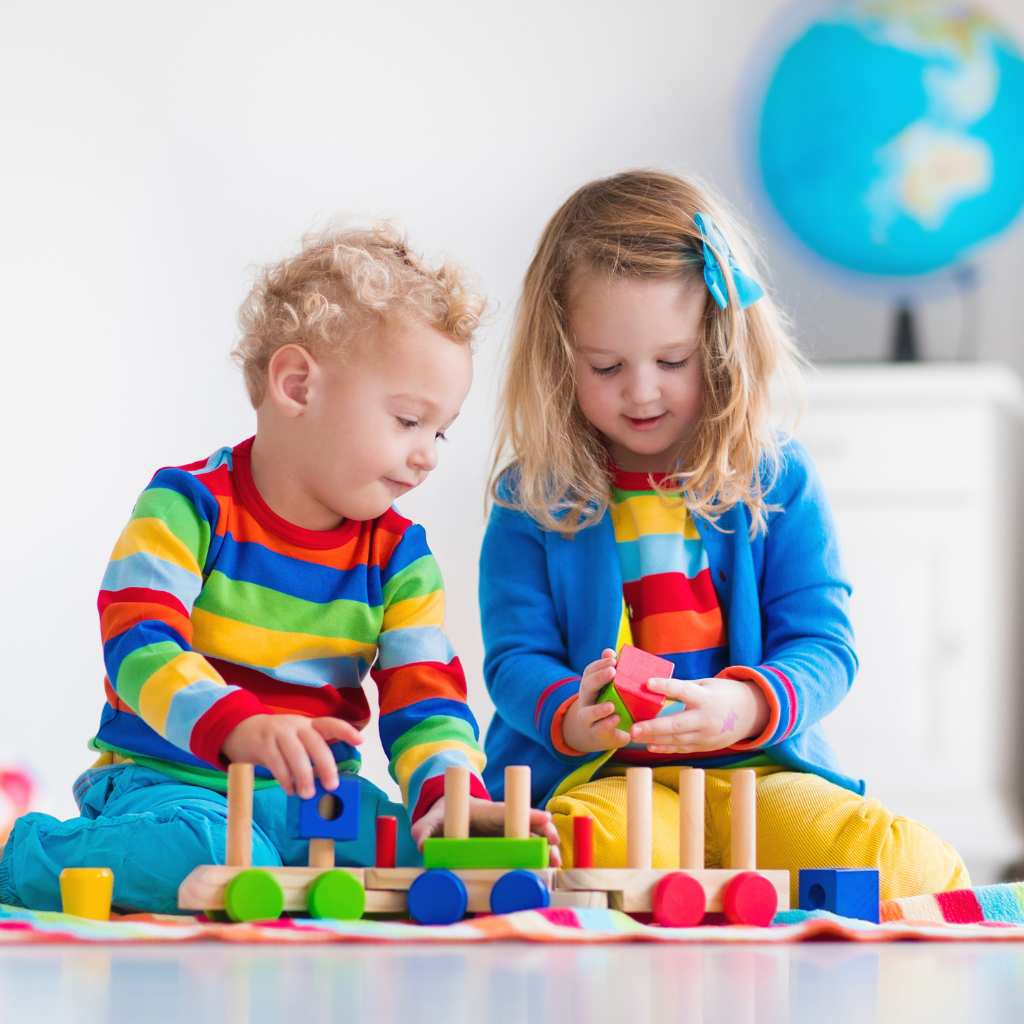
Many individuals on the spectrum report feeling most comfortable in friendships where they don’t feel pressured to conform to neurotypical social norms. These autistic friendships and authentic relationships allow them to be themselves without the exhausting effort of masking their natural behaviors.
Friends with autism often connect through shared passions, whether it’s science, music, gaming, or specific hobbies that capture their intense interest. The quality of these autistic friendships can be just as meaningful as neurotypical friendships, even if they look different on the surface.
What Makes Autistic Friendship Challenging?
Autistic friendship can be complicated, not because of a lack of desire, but because of neurological differences in processing social information. Some challenges include:
Social Communication Differences
One of the primary challenges in an autistic friendship involves interpreting and responding to social cues. Many individuals with ASD struggle with understanding nonverbal communication, like facial expressions, body language, and tone of voice. They may also have difficulty with the unspoken rules of social interaction, like knowing when to speak, how to join a conversation, or when to give others space.
Research on social information processing speed (SIPS) shows that autistic individuals may need more time to process and formulate appropriate responses during social interactions. While neurotypical individuals might quickly read and respond to social signals, autistic individuals often require additional processing time, which can make real-time social interactions challenging.
Anxiety and Fear of Rejection
Many individuals with autism experience significant social anxiety, often stemming from past negative social experiences or fear of being misunderstood. The study How Young Adults on the Autism Spectrum Seek Friendship indicates that autistic individuals frequently describe years of persistent efforts to make friends, usually followed by rejection or exclusion when their differences become apparent.
This anxiety can create a cycle where avoiding social situations limits opportunities to practice social skills and form connections. The fear of not adhering to social norms, or the exhaustion from trying to conform, can make social interactions feel unsafe or uncomfortable.
Rigid Thinking Patterns
The tendency toward routine and predictability that characterizes autism can sometimes make it difficult to adapt to the spontaneous nature of many social interactions. Unexpected social changes can be complex for those on the spectrum who rely on routine.
These challenges contribute to concerning statistics: 43% of teenagers with autism (ages 13-17) have never socialized with friends outside school, 54% never received phone calls from friends, and only 50% have been invited to social activities, showing significant social isolation compared to neurotypical peers. However, understanding these barriers is the first step toward addressing them effectively.
Debunking Misconceptions About Autism and Friends
Several harmful misconceptions about autism and friendship persist in society, creating barriers to understanding and acceptance. Let’s address these myths with evidence-based facts.
Misconception 1: “Individuals with autism don’t want friends”
This myth is perhaps the most damaging. Research consistently shows that most individuals with autism want friendships and social connections. A comprehensive scoping review of 22 empirical studies found that adults with autism actively desire and seek friendships. They may approach friendship differently or need diverse types of support, but the desire for companionship is very much present.

Misconception 2: “They only like to be alone”
While individuals with autism may need more alone time to recharge and may prefer smaller social groups, this doesn’t mean they want to be isolated. Many neurodiverse individuals enjoy solitary activities but also value meaningful social connections with others who understand them. The preference for fewer, deeper friendships doesn’t indicate asocial tendencies; it reflects a different but equally valid approach to relationships.
Misconception 3: “They don’t understand emotions”
Individuals with ASD experience the full range of human emotions and often have deep empathy for others. They may express emotions differently or have difficulty reading others’ emotional cues, but this doesn’t mean they lack emotional understanding or capacity for caring relationships.
Misconception 4: “They can’t maintain long-term friendships”
With appropriate support and understanding from friends, individuals with ASD can and do maintain lasting friendships. When their differences are accepted and accommodated, these relationships can be just as enduring and meaningful as any friendship.
Strategies for Supporting Autistic Friendship in Neurodiverse Children
Parents and caregivers can actively encourage social development and autistic friendship. Here are some strategies:
- Encourage and Support Special Interests: Rather than discouraging intense interests, use them as bridges to social connection. Help your child find others who share their passions through clubs, online communities, autism community groups, or special interest groups, as shared interests often provide the foundation for meaningful friendships.
- Practice Social Scenarios: Use role-playing and social stories to help your child understand and practice social situations, including how to join a group, invite someone to play, or handle disagreements with friends.
- Seek Structured Social Activities: Look for organized social opportunities where interactions are more predictable and guided, such as autism-friendly social groups, structured clubs based on interests, or organized recreational activities.
- Teach Social Communication Skills: Work on explicit instruction in reading facial expressions, understanding personal space, taking turns in conversation, and interpreting tone of voice. Many children with autism benefit from direct instruction in these areas.
- Validate Their Social Preferences: Respect your child’s friendship style and preferences. Support their natural inclinations, whether they prefer one close friend over large groups or connect better with other neurodiverse individuals.
- Create Friendship Opportunities: Facilitate playdates and social activities in comfortable, controlled environments. Start with one-on-one interactions before moving to larger groups, and help structure these interactions initially.

Creating Opportunities for Social Growth with ABA Centers of Georgia
Every child, whether neurotypical or neurodivergent, deserves the opportunity to build friendships that enrich their lives. Autistic friendship has its own authentic forms and is just as deep, real, and necessary.
If you’re looking for support in helping your child develop social connections, ABA Centers of Georgia is here for your family. We use Applied Behavior Analysis (ABA) therapy to help children learn and practice essential social skills in supportive settings. Our individualized programs target skills like:
- Initiating conversations
- Turn-taking and sharing
- Understanding emotions
- Managing frustration and anxiety
We are committed to helping children connect, grow, and build friendships that last. Call us at (855) 929-5058 or schedule a complimentary consultation here to explore your insurance benefits.

